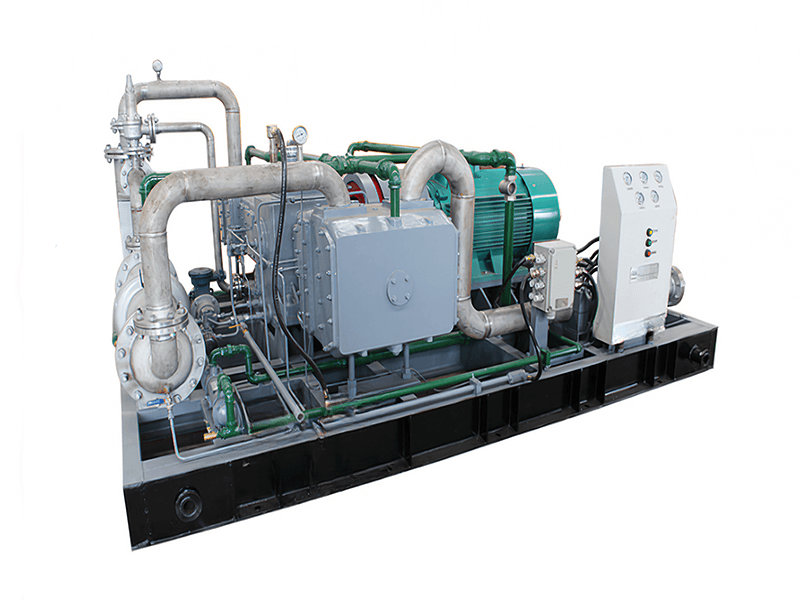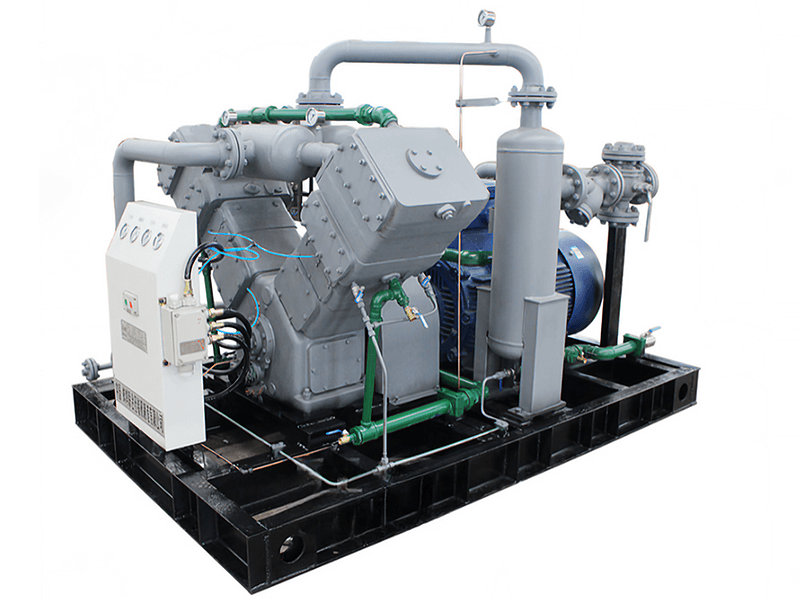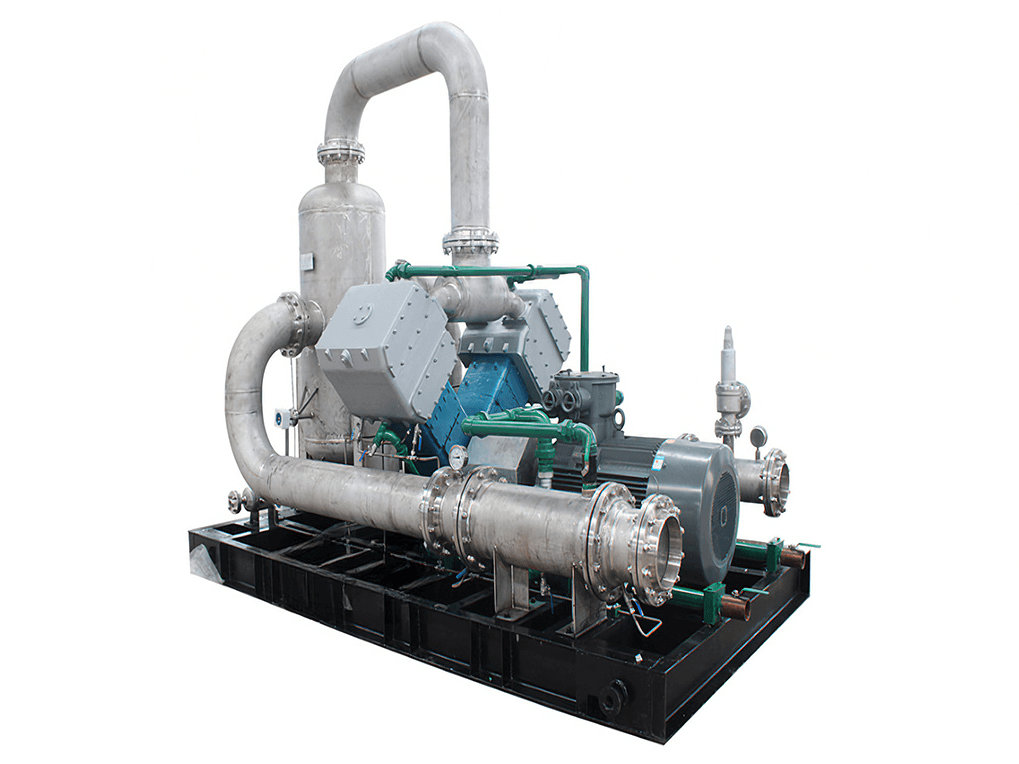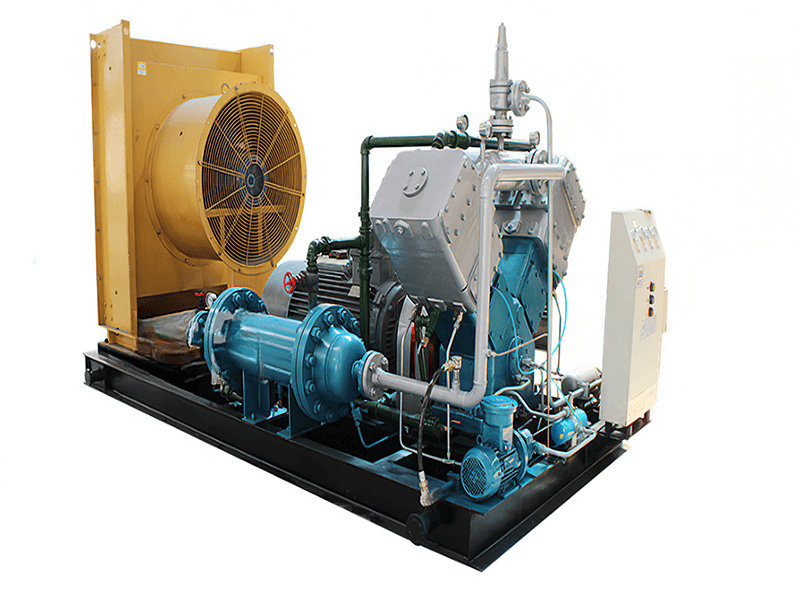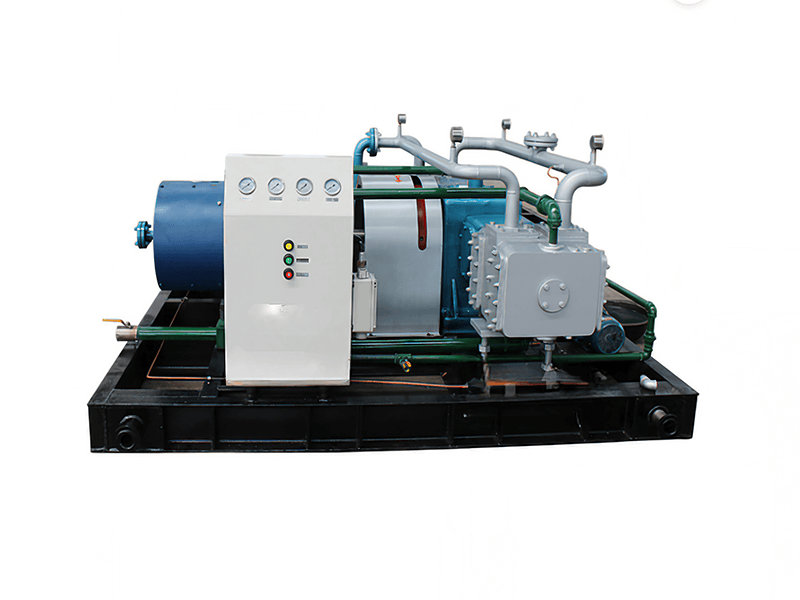【吴梦梦、沈娜娜、夏晴子、雪干夏、杜冰若】最新入口
-
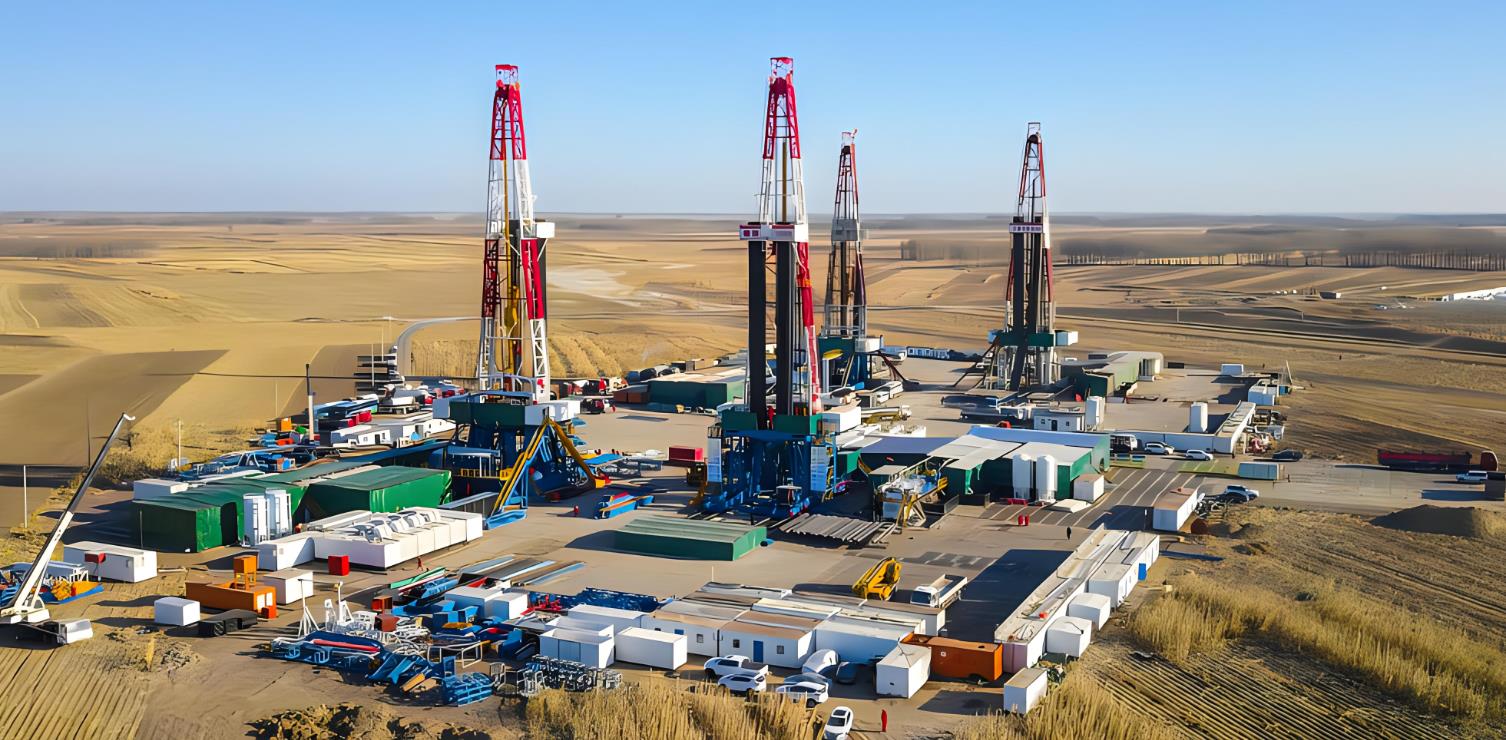
The Applications, Types, And Price Ranges Of Casing Gas Compressors
Apr 11, 2024 -

Applications of butadiene compression and butadiene compressor
Jun 19, 2024 -

Common faults of different types of boil off gas compressors
Jul 22, 2024 -

Characteristics and corresponding applicable industries of different types of natural gas compressor
Jul 11, 2024 -

Key features, applications and price examples of natural gas booster compressors
May 07, 2024 -

The working principles of chlorine gas compressor
May 24, 2024
吴梦梦、沈娜娜、夏晴子、雪干夏、杜冰若【乾坤易变】Jul 29, 2024
by:Anhui Shengnuo Compressor Manufacturing Co.,Ltd
Follow Us:
When it comes to the compression of ammonia using ammonia compressors, certain specific requirements need to be considered to ensure optimal performance, efficiency, and safety. Here are the key requirements for ammonia compression when using dedicated ammonia compressors:
1. Chemical Compatibility:
Requirement: Compressors must be designed with materials that are compatible with handling and compressing ammonia without degradation.
Consideration: Selecting materials that resist corrosion and chemical reactions with ammonia to ensure long-term durability and performance.
2. Efficiency:
Requirement: Ammonia compressors should operate efficiently to minimize energy consumption and operational costs.
Consideration: Choosing compressor designs that offer high efficiency levels for the compression of ammonia gas.
3. Pressure Handling:
Requirement: Compressors should be capable of handling the required pressure ratios for compressing ammonia gas effectively.
Consideration: Ensuring that the compressor design and components can withstand the pressures involved in compressing ammonia.
4. Oil Management:
Requirement: For oil-lubricated compressors, effective oil management systems are necessary to prevent oil contamination of the ammonia gas.
Consideration: Implementing proper oil separation and management techniques to maintain the purity of the compressed ammonia.
5. Safety:
Requirement: Ammonia compressors must adhere to safety standards and regulations to prevent leaks, ensure proper ventilation, and handle the hazardous nature of ammonia gas.
Consideration: Incorporating safety features such as leak detection systems, pressure relief valves, and emergency shutdown mechanisms.
6. Temperature Control:
Requirement: Maintaining proper temperature control during the compression process to prevent overheating or excessive cooling.
Consideration: Monitoring and regulating the temperature within the compressor to optimize performance and prevent issues related to temperature fluctuations.
7. Reliability:
Requirement: Ammonia compressors should be reliable with minimal downtime to ensure continuous operation.
Consideration: Selecting compressors known for their reliability and durability in handling the compression of ammonia gas.

8. Environmental Impact:
Requirement: Compressors should be designed with considerations for minimizing environmental impact, such as energy efficiency and emission control.
Consideration: Opting for environmentally friendly compressor designs and technologies to reduce carbon footprint and overall environmental impact.
9. Capacity and Flow Rate:
Requirement: Ammonia compressors should be selected based on their capacity to handle the required flow rate of ammonia gas for the specific application.
Consideration: Matching the compressor's capacity with the demand for ammonia gas to ensure effective compression and system performance.
10. Control and Monitoring:
Requirement: Compressors should have advanced control and monitoring systems to optimize performance, detect issues, and ensure efficient operation.
Consideration: Implementing control systems that provide real-time monitoring of compressor parameters, such as pressure, temperature, and flow rates.
11. Material Selection:
Requirement: Choosing materials for the compressor construction that are compatible with ammonia gas and can withstand the chemical properties of ammonia.
Consideration: Opting for materials that offer corrosion resistance, durability, and long-term reliability in handling ammonia gas compression.
12. Noise Level:
Requirement: Ammonia compressors should operate at acceptable noise levels to minimize disturbance in industrial settings.
Consideration: Selecting compressor models known for their low noise emissions or implementing noise reduction measures in the compressor design.
13. Maintenance Requirements:
Requirement: Compressors should have manageable maintenance requirements to ensure optimal performance and longevity.
Consideration: Considering maintenance schedules, ease of access for maintenance tasks, and the availability of spare parts for the compressor.
14. Adaptability:
Requirement: Compressors should be adaptable to varying operational conditions and able to handle fluctuations in demand for compressed ammonia.
Consideration: Choosing compressors that can efficiently adjust to changes in load requirements and operating parameters without compromising performance.
15. Leak Prevention:
Requirement: Implementing measures to prevent leaks and ensure the integrity of the ammonia compression system.
Consideration: Utilizing leak detection systems, proper sealing mechanisms, and regular inspections to maintain a leak-free compression process.
16. Energy Recovery:
Requirement: Exploring opportunities for energy recovery within the compression process to improve overall efficiency.
Consideration: Incorporating energy recovery systems or heat exchangers to capture and utilize excess heat generated during the compression of ammonia.
17. Compliance with Regulations:
Requirement: Ensuring that ammonia compressors meet industry standards, safety regulations, and environmental guidelines.
Consideration: Staying updated on regulatory requirements and ensuring that the compressor design and operation align with relevant standards for ammonia handling.
18. Integration with Control Systems:
Requirement: Ammonia compressors should be compatible with existing control systems or be easily integrated into the overall process control infrastructure.
Consideration: Ensuring seamless communication and integration between the compressor and control systems for efficient operation and monitoring.
19. Scalability:
Requirement: Compressors should be scalable to accommodate potential changes in production or system expansion.
Consideration: Selecting compressors that can be easily scaled up or down to meet varying demands for compressed ammonia gas.
20. Remote Monitoring and Diagnostics:
Requirement: Implementing remote monitoring and diagnostic capabilities for the compressor system to enable proactive maintenance and troubleshooting.
Consideration: Utilizing IoT technologies and remote monitoring tools to track performance metrics and identify potential issues in real-time.
21. Emergency Shutdown System:
Requirement: Including an emergency shutdown system in the compressor setup to quickly halt operations in case of emergencies or safety concerns.
Consideration: Incorporating fail-safe mechanisms and emergency shutdown protocols to ensure rapid response to critical situations.
22. Training and Support:
Requirement: Providing adequate training for operators and maintenance personnel on the proper operation and maintenance of the ammonia compressors.
Consideration: Offering comprehensive training programs and access to technical support to optimize the performance and longevity of the compressor system.
23. System Redundancy:
Requirement: Implementing redundancy in critical components of the compressor system to minimize downtime and ensure continuity of operations.
Consideration: Designing the system with backup systems or components to mitigate the impact of failures and maintain system reliability.
24. Integration with Safety Systems:
Requirement: Integrating the compressor system with overall safety systems to ensure compliance with safety protocols and emergency response procedures.
Consideration: Coordinating the compressor operation with safety systems such as gas detection, ventilation, and alarm systems to enhance overall safety.
25. Life Cycle Cost Analysis:
Requirement: Conducting life cycle cost analysis to evaluate the total cost of ownership of the compressor system over its operational lifespan.
Consideration: Considering not only the initial investment but also operational costs, maintenance expenses, and energy consumption to make informed decisions on compressor selection and operation.
Addressing these additional considerations for ammonia compression with dedicated ammonia compressors can further enhance the efficiency, safety, and reliability of the compression process in various industrial applications. Each aspect plays a crucial role in optimizing the performance and effectiveness of the ammonia compression system.
【吴梦梦、沈娜娜、夏晴子、雪干夏、杜冰若】注册登录

Hi! Welcome back.
How are you doing?
Let s talk! We’ll provide the perfect solution for you!

Since its establishment, ASC Compressor has focused on comprehensive solutions for Oilfield industry, CNG/LNG industry, Environmental protection, and Industrial compression. It has excellent quality in designing, researching, producing and manufacturing.
- Quick Link > Home > Products > Applications > News > About > Contact
-
Contact Us
- E-Mail: [email protected]
- Tel: +8618098536798/+86(0)5633698699
- Fax: +86(0)5633698699
-
Address:
No. 17 Xingye Road, Economic Development Zone, Xuanzhou District, Xuancheng City, Anhui Province, China






